
What is Broken Leg Depression and How to Cope With It
- Anxiety, stress, and depression are very common conditions, even if they are not as visible as a broken leg.
If you have a foot injury, the situation can affect your everyday mood, work, relationships, and other aspects of your life. Emotional distress is a normal element of being physically injured. But here is the thing, it's okay to feel this way.
Some may call this broken leg depression, situational depression, or more aptly, adjustment disorder.
In this article, we'll cover the following:
• What is an Adjustment Disorder?
• Symptoms
• How to Cope with Adjustment Disorder
• How to Seek Professional Help
• Where to Look for Therapists
• Online Support Groups
• Anxiety and Stress Relief AppsWhat is an Adjustment Disorder?
When a person has difficulty coping or adjusting to a significant external event (life change, major loss, injury, etc.), this is called adjustment disorder.
Sometimes, a person comes to terms with the new phase of life or momentary event. The depression then recedes. The time it takes varies from person to person. Adjustment disorder is a very normal reaction to such events.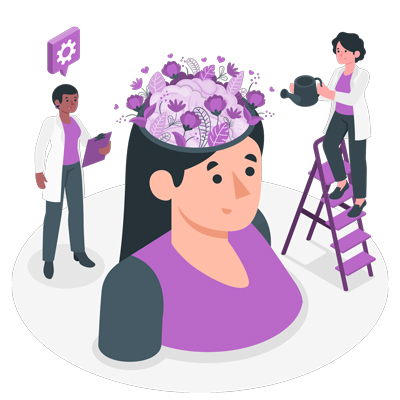 If you are experiencing broken leg depression or adjustment disorder, you must know this. It's okay. This is normal, and it's okay to feel like this.
If you are experiencing broken leg depression or adjustment disorder, you must know this. It's okay. This is normal, and it's okay to feel like this.
Mental health issues are as typical as physical injuries.Symptoms
According to MayoClinic, Some of the symptoms of Adjustment Disorder can include:
Usually, stressors are temporary, and we learn to cope with them over time. Symptoms of adjustment disorder get better because the stress has eased.
But sometimes the stressful event remains a part of your life. Or a new stressful situation comes up, and you face the same emotional struggles all over again.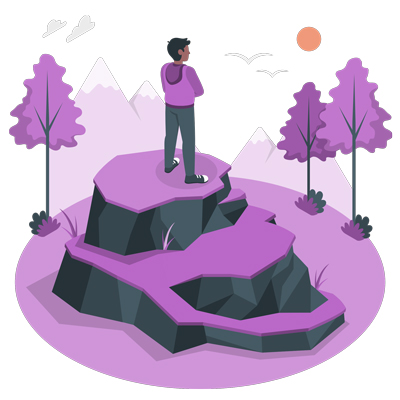
How to Cope with Adjustment Disorder
Here are some ways to cope with adjustment disorder during your broken leg recovery journey.1. Exercise. Any form that you can. Just take care of your injury.
2. Reach out to your friends and family. Staying connected to your loved ones can help you with our need to socialize. The feeling of togetherness is powerful.
3. Pamper yourself. Do things that make you happy.
4. Practice gratitude. There's a lot of science on positive psychology and its effects on feeling happier. Gratitude is the simplest and most effective thing you can do to feel happier. A simple way to start is by using the Five Minute Journal.
6. Keep or start a hobby. It helps keep the mind off negative thoughts and keep you engaged in something novel, productive, and fulfilling.
7. Subscribe to some mental wellness apps. We list some recommendations below.
6. Using a knee scooter can be extremely beneficial to your mental health. Many users report being able to effortlessly resume all daily life activities—which improves their mental outlook. Heightened happiness, better healing.
Related: How to choose the right knee scooter for you.
8. Talk to a mental health professional is symptoms don't resolve, and you feel you're struggling. More on this below.Normalizing Mental Health Treatment
Feeling sad is an uncomfortable feeling, and it's tempting to just "suck it up," ignore and put it under a rug. Though this may feel like a relief, it's only brief and can just make things worse.
We must deal with what is making us feel sad or depressed.
In recent years—thankfully—mental health has been increasingly destigmatized.
People are increasingly aware of its importance, and it's a common topic in today's discourse. Moreover, there are abundant resources available for folks seeking to heal or improve themselves.
Even better, resources for mental health are not limited to stepping into a therapist's office. Tele-health has broadened the options for getting professional help.
Additionally, there's a multitude of free and affordable apps for your phone to help cope with general stress and anxiety. We'll name a few apps below.How to Seek Professional Help
When we get injured, and it doesn't look good—our intuition is to go to a doctor to get it checked. When we feel something has been off in our minds and thoughts, our reaction should be equally intuitive and seek a mental health professional.
Mental health stigma can be the most significant barrier to getting help. There's absolutely no reason to feel ashamed when seeking help.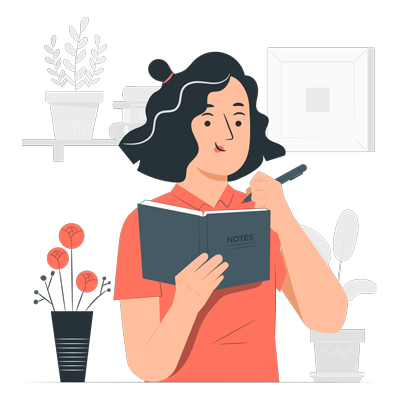
Where to Look for Therapists
Though venting to a family member, best friend, or whoever does help, it is not a replacement for proper support from a licensed mental health professional.
A great resource to search for mental health professionals in your area is Psychology Today. Just enter your city or zip code in the search bar, and you'll get results of professionals in your area.
If you have insurance, log into your online account and look for a mental health page. Most companies have a portal where you can search for therapists that are in-network.
Teletherapy
During your search, you may also look for professionals on the internet who offer video sessions. This is incredibly helpful in this era of COVID19. You can schedule a virtual session with any licensed professional anywhere in the country—you're not restricted to your local options.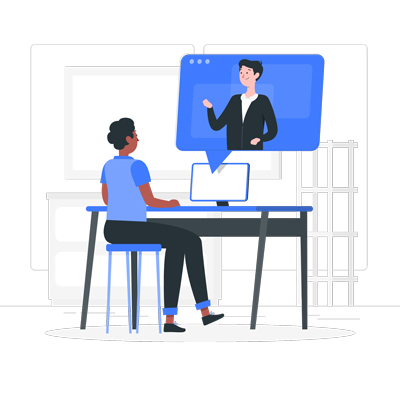
An Easier Way to Find Get Connected with a Therapy
If you're like me, searching over long listings can feel a little overwhelming. Luckily, some websites and apps can better help you get matched with a mental health professional online by taking a quick assessment or questionnaire.
The result is a curated list of professionals that meet your needs.
Here are some great sites to check out:• Talkspace
• Betterhelp
The downside is that you have to take it upon yourself to check if they are in-network or not.Online Support Groups
Reading and sharing stories with other people who are going through a similar journey as yours can be powerful.
Being a part of such a community can reassure us that we are not alone in this journey. Others are fighting the same or similar battle.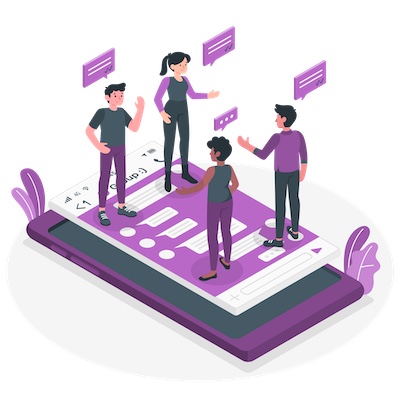 Below are some active groups on social media to look into:
Below are some active groups on social media to look into:Broken Ankle / Foot / Leg Recovery - On a Quest for Normal!
Tib/Fib Fracture Friends - Broken Leg Bones Tibia/Fibula
My Broken Ankle Recovery
Broken Bones - RedditAnxiety and Stress Relief Apps
Exercise is a powerful tool to help combat anxiety, stress, and depression. Equally as powerful is meditation.
Below are some apps that are great for beginners; some even go beyond meditation and have interactive activities that can help with positive reinforcement.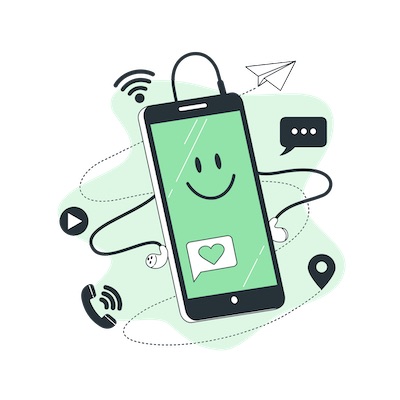
Headspace: guided meditations.
Happify: A fun app focused more on science-based activity and games for overall wellness.
Waking Up: meditation app created by neuroscientist Sam Harris.
Brain.fm - music for the brain to help improve focus, meditation, relaxation, and sleep.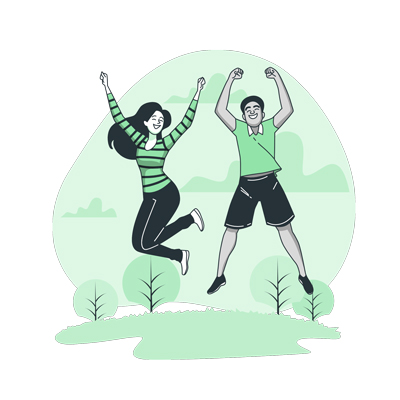
In closing...
Remember, this will pass. Embrace the upset, then move forward. No feeling is final. Just keep going.
More Great Rent A Knee Walker News & Stories
- •
- •
- •
- •

